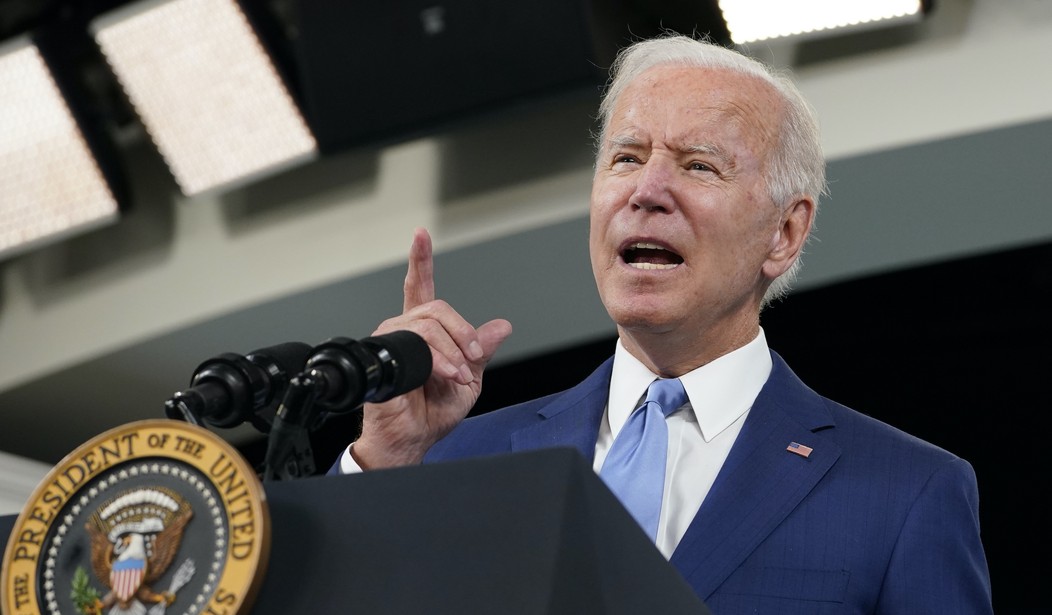Human beings aren't great at assessing risk.
In 1979, psychologists Daniel Kahneman and Amos Tversky posited a new branch of behavioral economics, which they titled prospect theory. One of their key findings was that human beings are naturally loss-averse -- we generally are willing to forego the probability of gains in order to minimize the chance of losses. Because of our loss aversion, human beings are also subject to what Kahneman and Tversky label the "planning fallacy": our self-serving bias toward believing that we are capable of planning for contingency more successfully than we are. As Kahneman writes, "Exaggerated optimism protects individuals and organizations from the paralyzing effects of loss aversion; loss aversion protects them from the follies of overconfident optimism." If we feel that we can solve problems, we might be more likely to take risks -- and if we feel that risks are a problem, we might be more cautious with our plans.
But what if the problem we are seeking to solve is risk itself? What if our policymakers aren't concerned with counterbalancing loss aversion on behalf of more productive risk-taking? What if, instead, our policymakers lie to us, and tell us that risk is no longer necessary at all?
This is the situation in which we currently find ourselves. As a society, we have become so addicted to the elimination of risk that we are willing to believe any politician who provides us a purported roadmap. A large percentage of the country believes in nearly religious fashion that all risk can be mitigated, so long as we grant the authorities and experts absolute power. We have been told that we need no longer face health risks, so long as we give the government power to mandate vaccines, mask our children and lock down our businesses -- even without solid evidence that such measures are effective. We have been told that we ought to delegate all of our economic policymaking to unelected centralized bureaucracies, which serve as the source of both our monetary and fiscal policy, and that this will insulate us against the possibility of financial difficulty. We have been told that individually planning for the future, which entails risk -- delayed gratification is always a risk -- should be foregone in favor of a cradle-to-grave government safety net.
Recommended
To mitigate risks to myself, the easiest measure is to create an authority that controls everyone. Risk itself is the enemy: someone else might undertake risks, and those risks might have indirect effects that harm me. Better to live in the warm embrace of control by experts than in the chaotic world of individual decision-makers.
This is the road to authoritarianism.
A healthy civilization requires risk-taking. Innovators are risk-takers. Disincentivizing that risk destroys innovation. Working is risk-taking. Disincentivizing that risk destroys work. Building for the future is risk-taking. Disincentivizing that risk destroys responsibility. The fundamental good of liberty lies in the incentivization of risk. As F.A. Hayek put it, "If there were omniscient men, if we could know not only all that affects the attainment of our present wishes but also our future wants and desires, there would be little case for liberty." But, Hayek points out, we are not omniscient; we do not know who will provide progress, or how. Progress requires risk; liberty ensures the ability to take risk.
We thus have a choice before us between the false promise of individual enervation and endless paternalistic caretaking from centralized authority and the real and chaotic world of liberty and risk. Which option we choose will decide whether our civilization survives.
Ben Shapiro, 37, is a graduate of UCLA and Harvard Law School, host of "The Ben Shapiro Show," and editor-in-chief of DailyWire.com. He is the author of the New York Times bestsellers "How To Destroy America In Three Easy Steps," "The Right Side Of History," and "Bullies."

























Join the conversation as a VIP Member